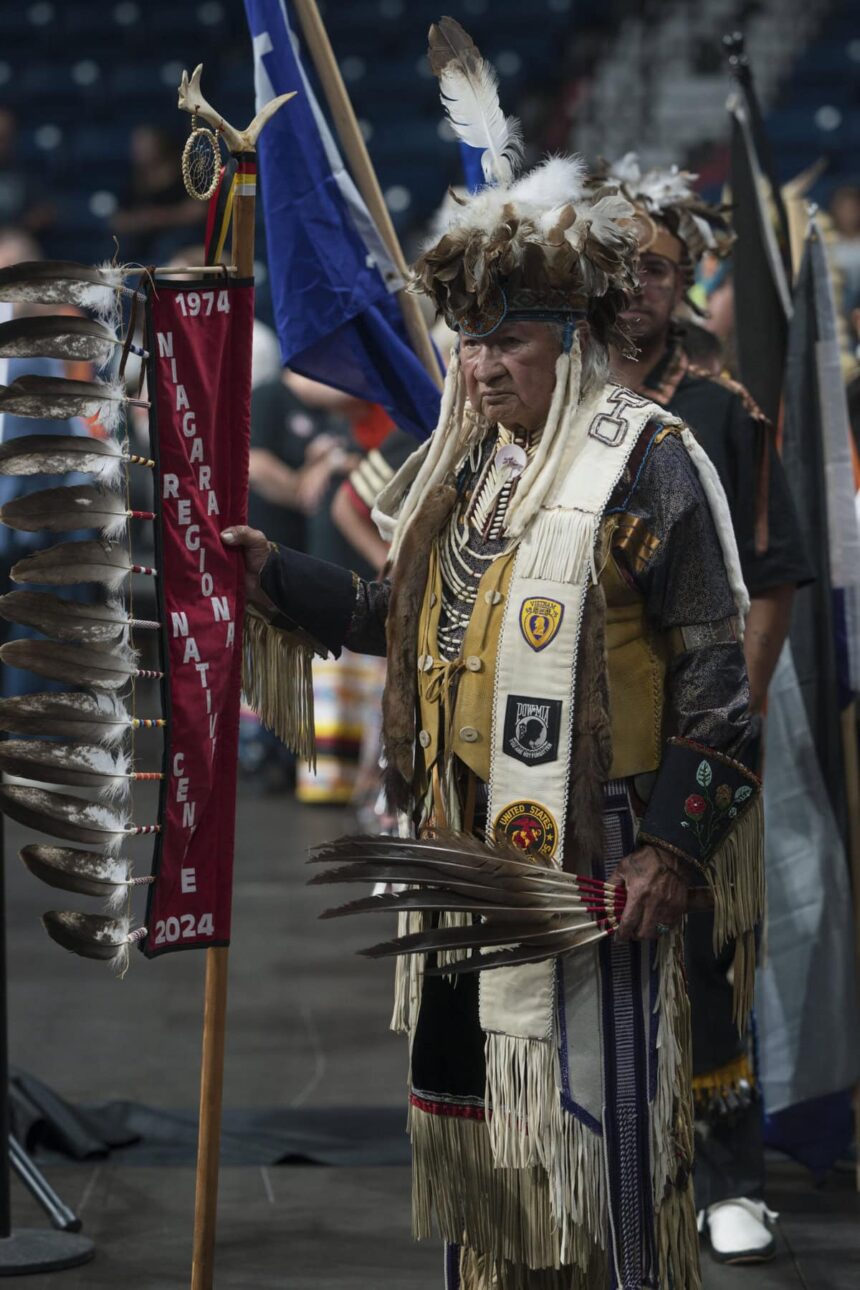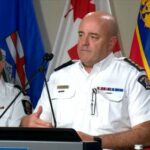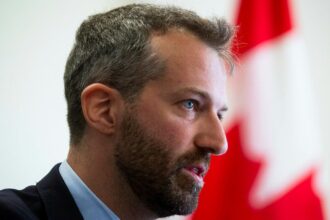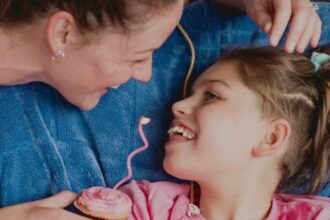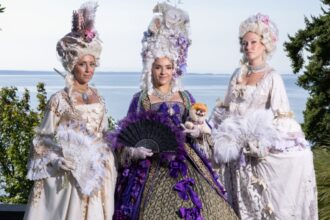In the heart of Southern Ontario, amid the gentle rustling of cedar trees and the soft hum of traditional songs, Sarah Littlefeather embarks on a profound journey of self-discovery. Her story isn’t unique among Canada’s Indigenous peoples, yet it reflects a growing movement of cultural reclamation that’s transforming lives across the nation.
“I spent most of my life disconnected from who I really am,” says Littlefeather, a 37-year-old Ojibwe woman whose grandparents survived the residential school system. “When I first walked into the Native Centre five years ago, it felt like coming home to a place I’d never been before.”
The Native Centre, one of hundreds of Indigenous cultural hubs across Canada, represents a sanctuary where traditional knowledge flourishes despite centuries of systematic attempts to eradicate it. These spaces have become crucial in what many Indigenous leaders describe as a national healing journey—one person, one family, one community at a time.
Elder Margaret Whitecloud, who leads healing circles at the centre, explains the profound impact of cultural reconnection: “What we’re seeing isn’t just about learning ceremonies or language. It’s about healing intergenerational trauma that lives in the body and spirit. When someone like Sarah reconnects with their traditions, they’re helping heal seven generations backward and forward.”
The resurgence of traditional healing practices comes at a critical moment for Canada. Recent government data indicates Indigenous communities continue to face disproportionate health challenges, including higher rates of chronic disease and mental health concerns—direct consequences of colonial policies and ongoing systemic inequities.
Dr. James Richardson, an Indigenous health researcher at the University of Toronto, notes that traditional approaches to wellness offer something conventional healthcare often cannot. “Western medicine excels at treating acute conditions, but Indigenous healing traditions address the whole person—physical, emotional, mental, and spiritual. The evidence increasingly shows these approaches aren’t just culturally important—they’re effective.”
For Littlefeather, the journey began with small steps: attending a weekly drumming circle, learning to harvest traditional medicines, participating in sweatlodge ceremonies. “The first time I joined a women’s moon ceremony, I cried through the entire experience,” she recalls. “It wasn’t sadness exactly—it was like my spirit recognized something my mind didn’t yet understand.”
The federal government has slowly begun acknowledging the value of Indigenous healing practices. Last year, Health Canada allocated $25 million toward Indigenous-led health initiatives, though critics argue this represents a fraction of what’s needed to address centuries of cultural disruption and its resulting health impacts.
Chief David Stonechild of the Assembly of First Nations emphasizes that true healing requires more than funding: “What we need is recognition that our knowledge systems aren’t alternative or complementary—they’re foundational. They’ve sustained our peoples for thousands of years before contact.”
Across Canada, similar stories of reconnection unfold daily. Young people learn their languages from elders, families participate in traditional food sovereignty projects, and communities revitalize ceremonies long forced underground by colonial laws that banned Indigenous spiritual practices until the 1950s.
At the Native Centre’s annual gathering, the evidence of cultural revitalization is undeniable. Children play traditional games their grandparents weren’t permitted to learn. Knowledge keepers teach plant medicine identification to eager students. A healing fire burns continuously throughout the four-day event.
“This isn’t about living in the past,” Littlefeather emphasizes as she prepares medicines for an upcoming ceremony. “It’s about carrying forward the wisdom that sustained our ancestors through unimaginable challenges. That knowledge belongs in our present and our future.”
As Canada continues its complex journey toward reconciliation, these spaces of Indigenous healing represent both a reclamation of what was nearly lost and a pathway forward. The question remaining for all Canadians is how we might collectively honor these traditions not merely as cultural artifacts, but as living knowledge systems with profound relevance for addressing contemporary challenges in health, community, and environmental stewardship.

